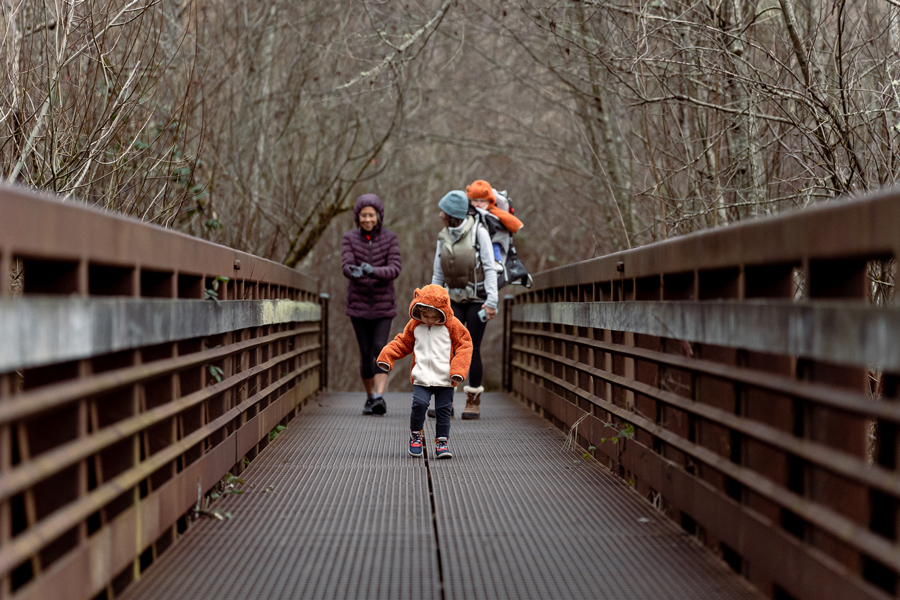Child Care
-

C 1037-21
Safety and Physical Activity
Read safety tips for your active child, and encourage your child to be active by creating and moving through an obstacle course together.
Diane W Bales
|
-

C 1037-22
How Much Physical Activity?
Find out how much physical activity young children need, and encourage your child to be active by playing a freeze dance game with music.
Diane W Bales
|
-

C 1037-24
Current Physical Activity Trends
Read about current trends in physical activity, and help your child be active by finding creative ways to move while drawing with sidewalk chalk.
Diane W Bales
|
-

C 1037-23
Motivating Your Child to be Active
Learn how to motivate your child to be more active, and encourage your child’s physical activity by setting up a treasure hunt.
Diane W Bales
|
-

C 1037-16
A Variety of Foods for Picky Eaters
Read tips for helping picky eaters try new foods, and play a food finder game with your child on your next grocery shopping trip.
Diane W Bales
|
-

C 1037-17
Healthy Eating on a Budget
Learn how to help your family eat healthy on a budget, and help your child keep track of what he/she eats in each food group using a simple chart.
Diane W Bales
|
-

C 1037-18
Modeling Healthy Eating Behaviors
Find out how to model healthy eating for your child, and work with your child to create a healthy trail mix for a snack.
Diane W Bales
|
-

C 1037-19
Benefits of Staying Physically Active
Read about the benefits of being physically active for adults and children, and play walking games with your child.
Diane W Bales
|
-

C 1037-20
Physical Activity Teaches New Skills
Learn about the skills children learn through physical activity, and be active as a family by playing a giant board game with your child.
Diane W Bales
|